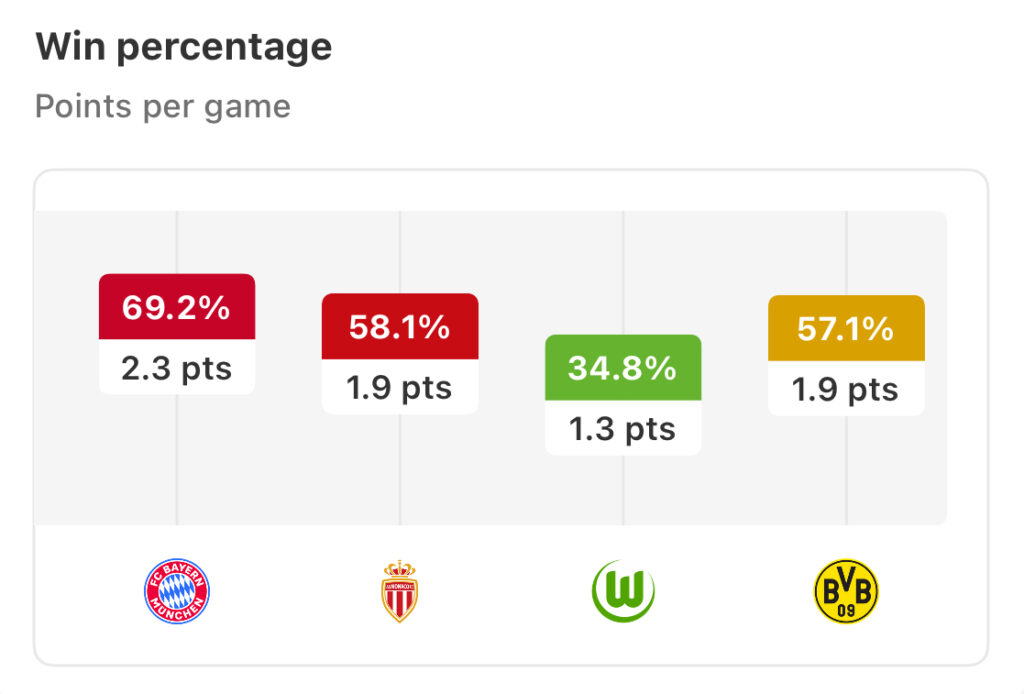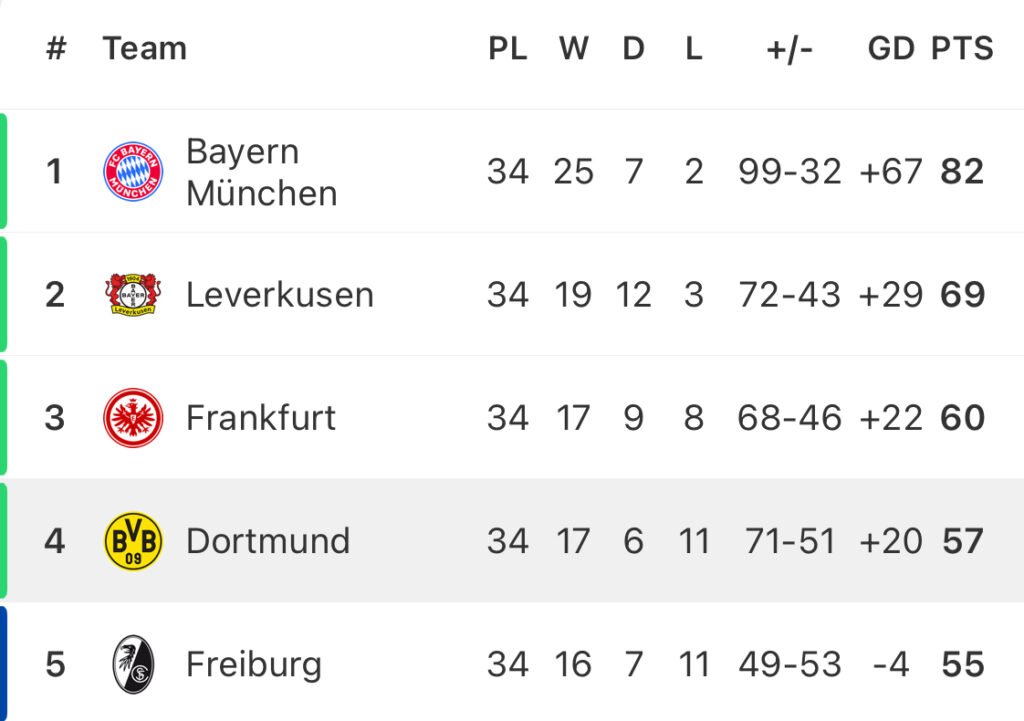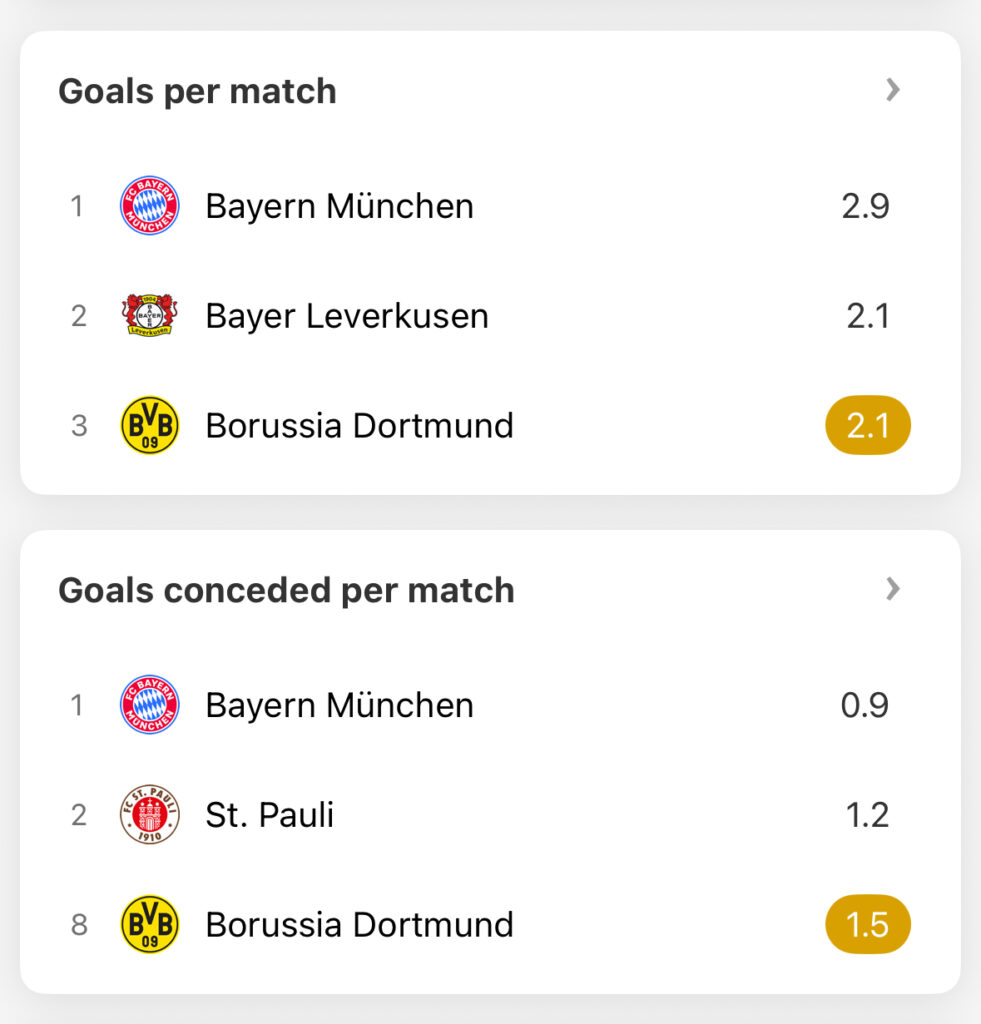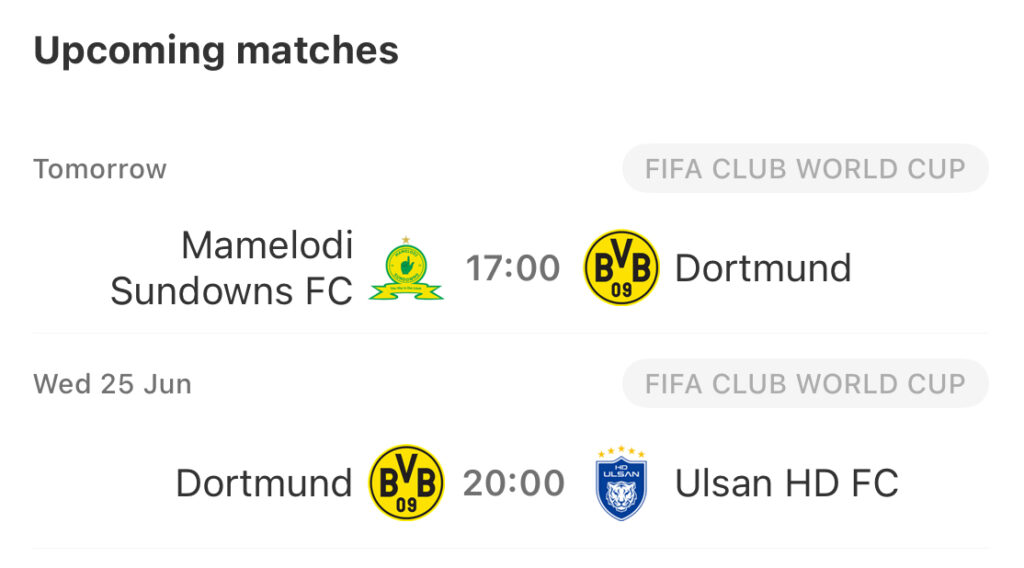Dortmund are getting their mojo back under Niko Kovac
It has been a rollercoaster few years for Borussia Dortmund. They entered the final matchday of the 2022/23 season in pole position to claim their first Bundesliga title in 11 years, only to end up drawing 2-2 to Mainz and relinquishing the Meisterschaft to Bayern Munich. One year later, they reached the biggest stage in club football, only to end up losing 2-0 to Real Madrid in the UEFA Champions League Final.
By Zach Lowy
It seems that this scar tissue took a toll on Dortmund’s confidence, with the club struggling for form over the opening months of the 2024/25 campaign under Nuri Şahin, who replaced Edin Terzić as manager in the summer of 2024. The German behemoths endured a dismal start to the campaign and descended to midtable mediocrity, prompting the club hierarchy to sack their rookie manager and bring in Niko Kovač, who had previously coached Croatia, Eintracht Frankfurt, Bayern Munich, and Monaco.

Optimism was in short supply amongst the Dortmund fanbase, with Kovač suffering more defeats (26) than victories (23) during his most recent coaching spell at Wolfsburg. And when they lost four of their first six league matches under Kovač, it seemed that Dortmund were resigned to missing out on European football for the first time in 16 years.
Instead, Dortmund managed to hit their stride following the March international break, winning each of their last seven Bundesliga matches (apart from a 2-2 draw at Bayern) and narrowly sneaking into fourth place, thus qualifying for the UEFA Champions League for the 10th year in a row. But just how have Dortmund managed to turn around their fortunes under Kovač and book their ticket to Europe’s premier competition? FotMob spoke to various key figures of the BVB team in order to understand the club’s meteoric transformation.

“When you’re in a positive way, it’s always better,” revealed Dortmund midfielder Marcel Sabitzer to FotMob. “We had a bad start, but in the end, we were one of the best teams in Europe once again, which gave us a lot of confidence. The opposing teams know that we are strong, that we’re a bit of a tournament team, and we show that in the Champions League every year. We did well last season, and this season against Barcelona…we’re ready for everyone and we want to beat everyone.”
Having taken notice of Dortmund’s defensive struggles, Kovač decided to eschew the previous back four and transition to a 3-5-2 system. Suddenly, the team was no longer leaking counter-attacking opportunities and getting exposed in transition – they were getting numbers back and defending diligently. Whereas BVB would previously lose possession and immediately get torn apart on the counter, this time, they were able to minimize the threat and keep things tight at the back. What’s more, they were exhibiting the kind of heavy-metal football and aggressive pressing that delivered plenty of success under legendary manager Jürgen Klopp.
“When I arrived, I saw a team without self-confidence,” admitted Kovač to FotMob. “At the beginning of my time, we started to build the self-confidence and give the players the mental strength. As you saw at the end of the season, these players can compete at the highest level with confidence, which is very important for every single player. As a coach, you have your own ideas, but we said at the beginning, ‘keep it simple.’ We gave them our structure and spine which is important to win matches, we needed a bit of time, but it got better and better. When the players have these automatisms, it works better.”
Despite losing defensive talisman Nico Schlotterbeck to injury, BVB managed to shore things up at the back and become a sturdier unit. When Kovač took charge on January 29, Dortmund were sitting 11th in the table thanks to a catastrophic defensive unit that had conceded 33 goals in 19 matches. Over the next 15 matches, they would allow just 18 goals, enough to see them end the season in fourth place.

On the other side of the pitch, however, they also became far more efficient in terms of going forward. The decision to drop Jamie Gittens from the line-up raised quite a few eyebrows, but it worked like a charm, with BVB’s attacking players showing far more diligence off the ball and composure on the ball. Despite not having as much possession, BVB scored 26 goals over the final eight matches of the campaign, more than any other team in the Bundesliga.
“This momentum is important…we’re in good shape, we have confidence, we have a clear idea of how we want to play, and we’ve worked hard as a group, so I think we’re ready,” stated Pascal Groß to FotMob.
Rather than having possession for the sake of it, Dortmund started to excel at picking their moments to go forward and hit on the counter, stringing together a couple of passes and immediately finding themselves in the opposition box. It is clear that Kovač’s no-nonsense approach has helped to give several underperforming players a shot in the arm, with the Croatian stressing the importance of making piercing runs into the box and retaining their shape out of possession. This change in philosophy has bore plenty of fruit for the likes of Serhou Guirassy, who scored six goals in the final five matches, Julian Brandt, who has been transformed as a reliable attacking midfielder, and Sabitzer, whose natural leadership qualities and incisive passing has dovetailed nicely in the new-look system.

Whilst expectations were high for their FIFA Club World Cup opener, Dortmund failed to parlay that momentum into a seventh consecutive victory in East Rutherford, New Jersey. In their first match in a month, BVB escaped with a goalless stalemate against Brazilian powerhouse Fluminense thanks to a Man of the Match display from Swiss goalkeeper Gregor Kobel, who made five saves throughout Tuesday’s contest. However, they remain well-positioned to advance from the group, with two matches in Cincinnati yet to come against South Korean outfit Ulsan and South African side Mamelodi Sundowns.
After several years of heartbreaking collapses, can Borussia Dortmund finally give their fans something to cheer about by winning the FIFA Club World Cup?
(Cover image from IMAGO)
You can follow the every game from the Club World Cup on FotMob – with in-depth stat coverage including xG, shot maps, and player ratings. Download the free app here.